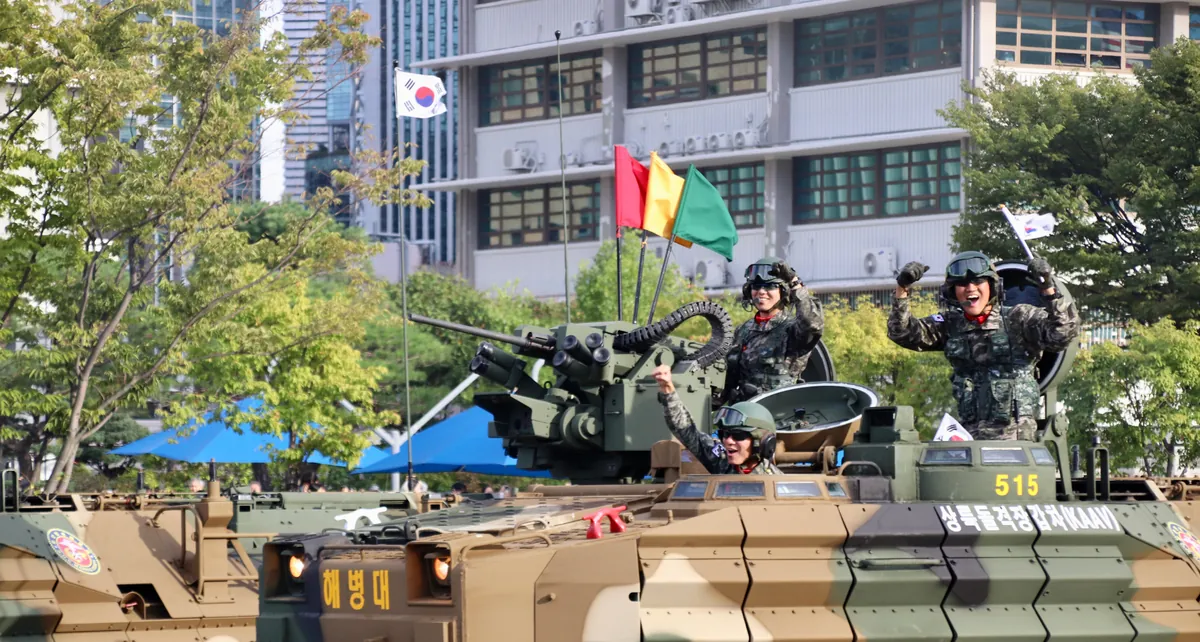South Korean democracy shaken: President's martial law gambit ends in failure
Earlier this week South Korean president tried to declare martial law‚ but failed within hours due to quick opposition The event exposed deep-rooted issues in civil-military relations dating back to dictatorship times

A few days ago President Yoon Suk-yeol made an un-expected move that shocked South Korea: he declared martial law (which lasted just 6 hrs before being cancelled by parliament)
The quick-failed attempt brought back memories of the countrys military rule that ended about 35 yrs ago. From early-60s till late-80s‚ South Korea was under strict army control — a time that still affects todays politics
The recent events showed how military influence stays strong: key defense jobs are still held by ex-army officers (mostly from the same military school). This creates a close-knit group thats keeping old-school thinking alive; which isnt good for democracy
During the short-lived martial law Defense Minister Kim Yong-hyun played a big role: he picked his school-mate Park An-soo to lead troops — skipping proper chain-of-command. Special forces even tried to enter parliament building which is against the law
Here are main issues that made this possible:
- Too many ex-military people in government jobs
- Most leaders come from same military school
- Army keeps strong ties with conservative politics
- Old anti-communist mindset still exists
We were outnumbered by the enemy
Young soldiers on the ground werent happy with orders they got; which helped parliament to stop this attempt. Now South Korea needs to fix its military-government relations: maybe wait longer before letting ex-soldiers take civilian jobs and bring more non-army people into leadership





























